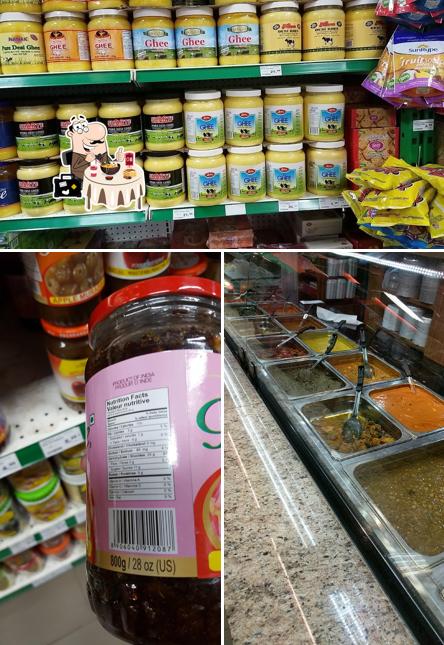
They were also able to graduate in large segments to the provincial and national level elections. The local government election results in the Zia era showed that traders won electoral gains. The Zia regime included these traders subsequently in the power circles and distributed selective patronage to them. The traders have expanded their influence in urban Punjab and have a clout on policy administration and governance matters in Punjab.ĭuring the anti-Bhutto mobilization by PNA in 1977, these bazaar traders played a significant role. The political influence of traders is embedded in the structure of “domestic capitalism” itself. The bazaar traders have played an important role in the local and national politics post 1977. While overall economic growth has averaged a paltry 3.5 percent per annum since 2007, the bazaar sector has grown by nearly 6 percent per annum in real terms during the same time period”. According to Javed, the retail and wholesale subsector “currently contributes 18.4 percent of total GDP, and employs approximately 18 percent of the total labour force, and 41 percent of the working population in towns and cities. The bazaar economy is the biggest retail and wholesale part of the services sector and the services sector itself contributes more than 54 percent of GDP. These traders have over $50,000 of annual turnovers, and employ labour.Īs stated earlier, bazaar traders fall in the realm of the informal economy that is 91 percent of the total economy, employing 65 percent of the total labour force.

There are roughly 285,000 bazaar traders in the country and the estimation is that 165,000 of them are in Punjab. These traders are part of the “intermediates classes” and constitute a large part of the informal economy and the services sector in Pakistan.

The retail and wholesale activities in bazaars are run by these traders. The chapter mainly revolves around bazaar traders in Punjab.

According to him, “Transformations such as deepening capitalism, increased urbanisation, and gradual, albeit often curtailed, democratisation during the last four decades have changed the terms of state-society engagement and, consequently, the nature of political sphere itself” and the Alavian thesis of the “overdeveloped state” needs to be extended. Javed starts off by agreeing with some other contributors of the book that the Alavian thesis needs revision.


 0 kommentar(er)
0 kommentar(er)
